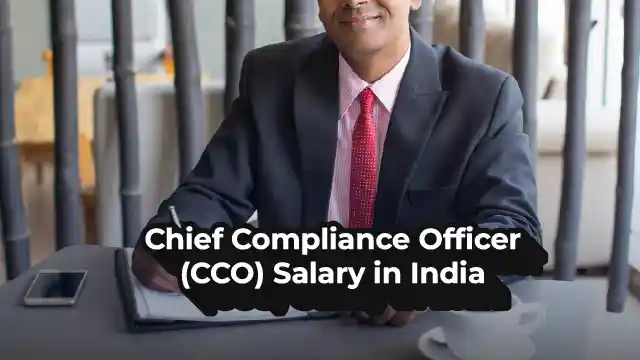Director Officers Liability Insurance Articles
-
Popular Articles
-
Recent Articles
Understanding CEO salary structures in India becomes increasingly important as you navigate the corporate...Read more
30 Jun 2025 by Policybazaar
10236 Views
The Chief Financial Officer (CFO) plays a pivotal role in overseeing a company’s financial health, regulatory...Read more
16 Jul 2025 by Policybazaar
5632 Views
The Chief Operating Officer (COO) plays a critical role in translating a company’s vision into day-to-day...Read more
08 Jul 2025 by Policybazaar
5105 Views
Vice Presidents play a leading role in decision-making, team capability, and business outcomes. They bridge...Read more
05 Jan 2026 by Policybazaar
1059 Views
CTO salary in India is a hot topic for 2025, especially as technology becomes the backbone of business success...Read more
02 Jul 2025 by Policybazaar
6291 Views
Strategic decision-making is the process of choosing long-term goals and plans for a business or organisation. It...Read more
21 May 2025 by Policybazaar
1670 Views
The difference between Executive and Non-Executive Directors is a subject every business owner, board member, and...Read more
19 Aug 2025 by Policybazaar
1801 Views
Chief Compliance Officer (CCO) is the senior executive in charge of managing an organisation’s adherence to...Read more
07 Jul 2025 by Policybazaar
4341 Views
The role of a Chief Marketing Officer today goes far beyond brand campaigns. CMOs are growth architects, leading...Read more
03 Jul 2025 by Policybazaar
4760 Views
When we think of ‘leadership,’ many of us instantly picture a person leading a group. While this is true in...Read more
30 Apr 2025 by Policybazaar
2002 Views
A Board of Directors is a governing body responsible for overseeing a company's strategic direction and financial...Read more
14 Apr 2025 by Policybazaar
1640 Views
A Chief Executive Officer (CEO) is the highest-ranking executive in a company. Tasked with steering the...Read more
28 Apr 2025 by Policybazaar
2614 Views
A Non-Executive Director is an individual appointed to a company's board who does notparticipate in daily...Read more
28 Aug 2025 by Policybazaar
1304 Views
A Chief Financial Officer (CFO) is the senior executive overseeing a company's financial health. As a key...Read more
14 Apr 2025 by Policybazaar
2815 Views
The Chief Information Officer (CIO) plays a pivotal role in shaping an organisation’s digital future. As...Read more
16 Jul 2025 by Policybazaar
2616 Views
Insider trading refers to the buying or selling of shares based...Read more
06 Jan 2026 by Policybazaar
286 Views
Vice Presidents play a leading role in decision-making, team...Read more
05 Jan 2026 by Policybazaar
1056 Views
When you hire a lawyer, trust a financial advisor with your...Read more
30 Dec 2025 by Policybazaar
331 Views
A Non-Executive Director is an individual appointed to a...Read more
28 Aug 2025 by Policybazaar
1304 Views
The difference between Executive and Non-Executive Directors is...Read more
19 Aug 2025 by Policybazaar
1798 Views
An Executive Director is a senior leader responsible for daily...Read more
19 Aug 2025 by Policybazaar
1129 Views
The Chief Information Officer (CIO) plays a pivotal role in...Read more
16 Jul 2025 by Policybazaar
2613 Views
The Chief Financial Officer (CFO) plays a pivotal role in...Read more
16 Jul 2025 by Policybazaar
5627 Views
The role of the Chief Human Resources Officer (CHRO) has evolved...Read more
14 Jul 2025 by Policybazaar
3712 Views
The Chief Operating Officer (COO) plays a critical role in...Read more
08 Jul 2025 by Policybazaar
5099 Views
Chief Compliance Officer (CCO) is the senior executive in charge...Read more
07 Jul 2025 by Policybazaar
4338 Views
The role of a Chief Marketing Officer today goes far beyond...Read more
03 Jul 2025 by Policybazaar
4756 Views
CTO salary in India is a hot topic for 2025, especially as...Read more
02 Jul 2025 by Policybazaar
6285 Views
Digital transformation is now a core business priority in India...Read more
01 Jul 2025 by Policybazaar
3030 Views
Understanding CEO salary structures in India becomes...Read more
30 Jun 2025 by Policybazaar
10228 Views

















 Expert advice made easy
Expert advice made easy


